By: Martha Betancourt M, Executive Director
PROCAÑA Colombian Association of Producers and Suppliers of Sugar Cane – Colombia
*Artículo traducido del español, fue escrito para la revista 500 empresas más importantes del Valle, una edición especial del periódico El País.
In addition to sweetening life, generating development and giving a strong social embrace to the region, Sugarcane has been considered the plant that has the characteristics to be the best ally to mitigate and adapt to climate change on the planet. In recent decades the crop has changed with the adoption of sustainable practices; this is why it is important to highlight that one hectare of the crop can capture more than one hundred tons of CO2 per year and emit more than 70 tons of oxygen per hectare.
It is the plant with the highest biomass production per unit area, producing up to 70 tons of dry matter per hectare per year in the geographical valley of the Cauca River. From this production, 30% is represented by crop residues (bud and leaf litter), which, returned to the soil through biological decomposition processes, favor the improvement in the physical, chemical and biological conditions of the soil. There are several experiences of producers that have been endorsed and verified by CENICAÑA, Sugarcane Research Center in Colombia, in which the improvement in the rates of porosity, apparent density and moisture retention capacity are highlighted, in addition to the improvement of fertility and soil productivity.
The bagasse and crop residues are also raw material for multiple uses such as: Paper, agglomerates, animal feed, fertilizers, medicine, second generation alcohol, etc. It is important to highlight that, from cane, in addition to sugar, Bioethanol and Bioenergy, in the country are produced essential inputs for various industries, such as vinegar, mineral citrates, plasticizers and citric acid, ethyl, industrial and pharmaceutical alcohols are produced, and the production of bioplastics has already begun. With the residues of the factory process: vinasse, cachaza (sugar cane sludge), ashes, composted fertilizers are produced to improve soil conditions and complement traditional fertilization.
There are approximately 500 thousand hectares planted with sugar cane in Colombia, of which 240 thousand are dedicated to the production of sugar, ethanol and cogeneration, the remaining 260 thousand are responsible for the production of panela (raw sugar cane cubes), a fundamental food for Colombians. Its cultivation and process has allowed the agro-industry to be the engine of development in the region for more than 100 years, generating about 286 thousand jobs.
The generosity of sugar cane cultivation is so broad that its commitment to sustainability goes hand in hand with the economic, environmental and social dimensions, through the generation of a virtuous circle where there are opportunities and development. Evidence of this commitment is the application of the Sustainable Cane Guide, which provides practices, indicators and recommendations that can be implemented by cane producers to be more sustainable.
The Social Fund is another example of the commitment of farmers and mills in an unprecedented undertaking that aims to contribute to the improvement of the social and economic conditions of families and rural communities through alliances with public and private companies. In the first phase and with the support of the Government of Valle del Cauca we have invested $2.5 billion in the improvement of tertiary roads in the upper part of Florida and we have started another work in Guacarí with an investment of more than $2.538 billion.
Since last year, a Rural Commitment, training and employment program has been initiated in an alliance of Procaña with Asocaña, the ICBF (Colombian Institute of Family Welfare), the SENA (National Learning Service), Cenicaña to support the economic reactivation, generating 1,500 direct jobs, of which 500 are in charge of cane growers.
In addition, Procaña successfully carries out programs such as New Generations, planting of trees, biological corridors and permanent training where young people are the protagonists and natural leaders.
Soon the Social Alliance will begin, whose purpose is to strengthen the relationship of sugarcane growers with the communities in the area of influence. To this end, resources and knowledge have been united with the Caicedo González Riopaila Castilla Foundation, El Amparo Foundation and Mariana Hoyos de Gutiérrez Foundation, to promote initiatives that contribute to the improvement of the quality of life in municipalities of Valle del Cauca and Cauca, to promote the local and subregional productive sector with support for family agriculture, food security, and productive and economic strengthening.
Sugarcane is more than Sugar, it is a good time to highlight the actions that cane growers carry out today, showing the world the benefits of cultivation, which in addition to providing food, make efficient use of natural resources and great social contributions to the region and the country.
Read the article in spanish here
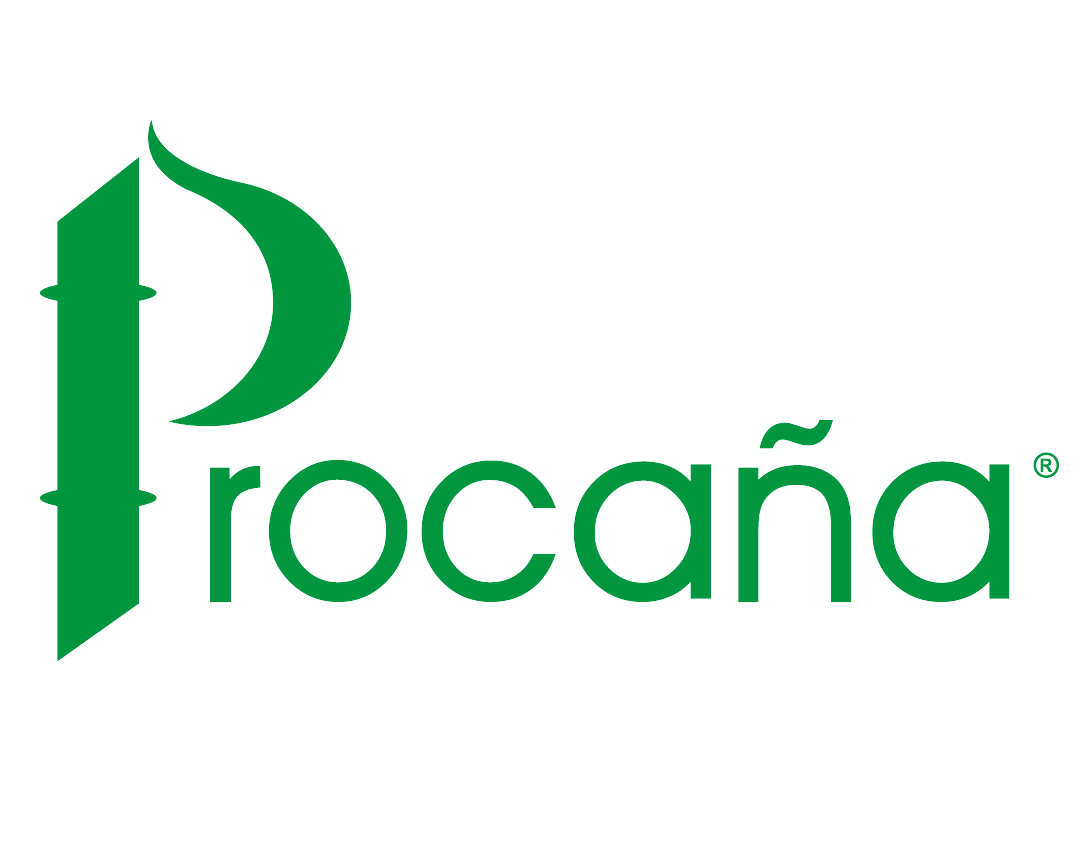
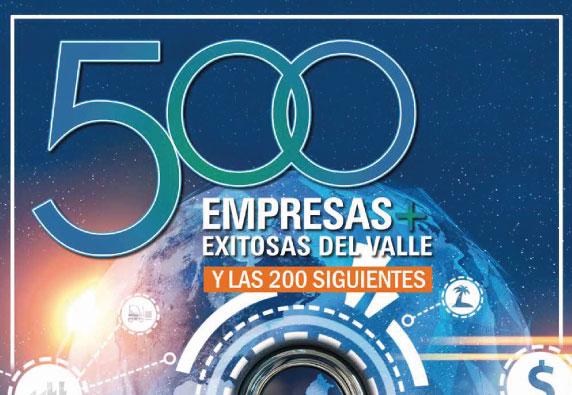
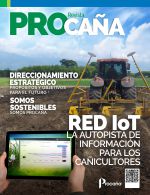
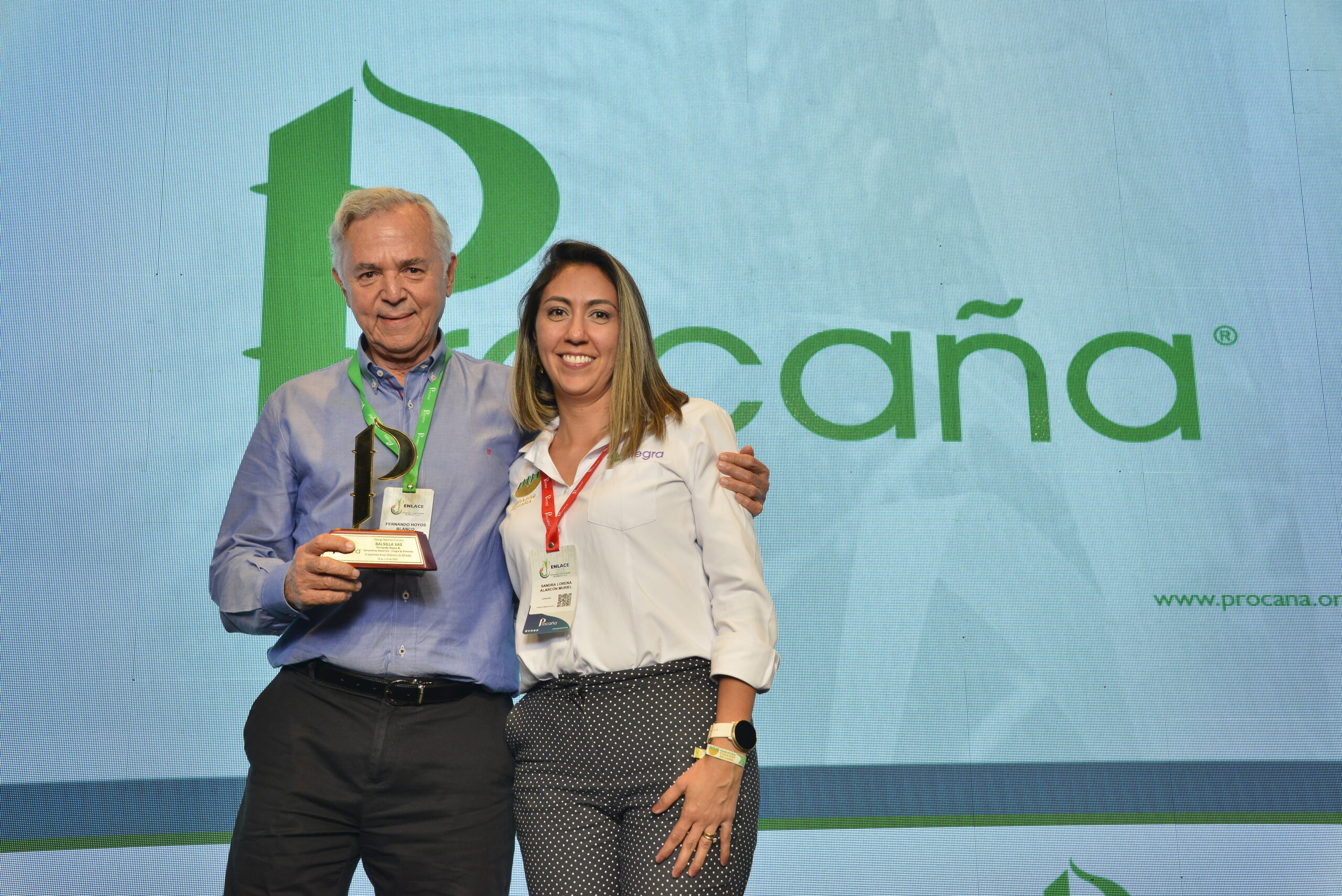
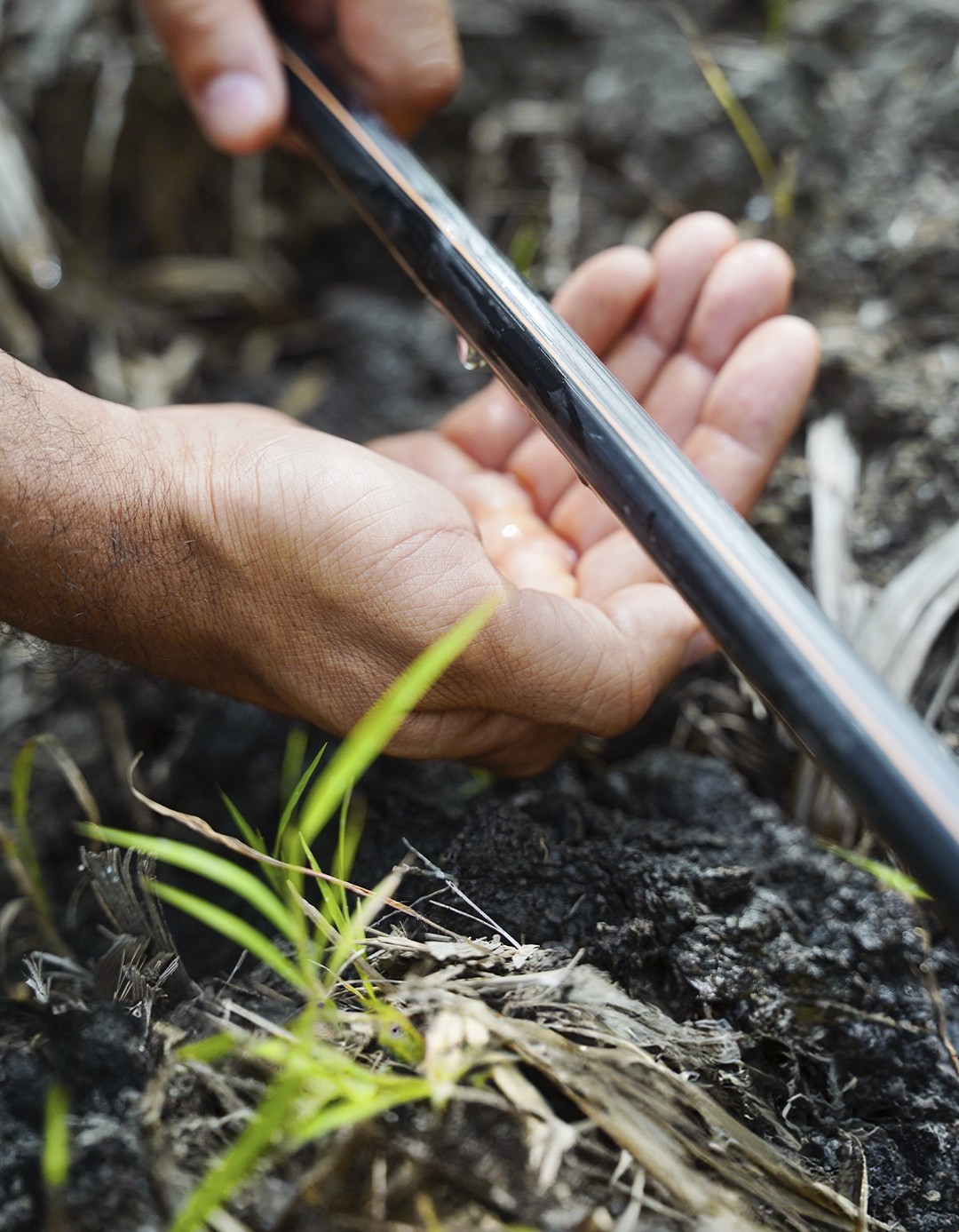
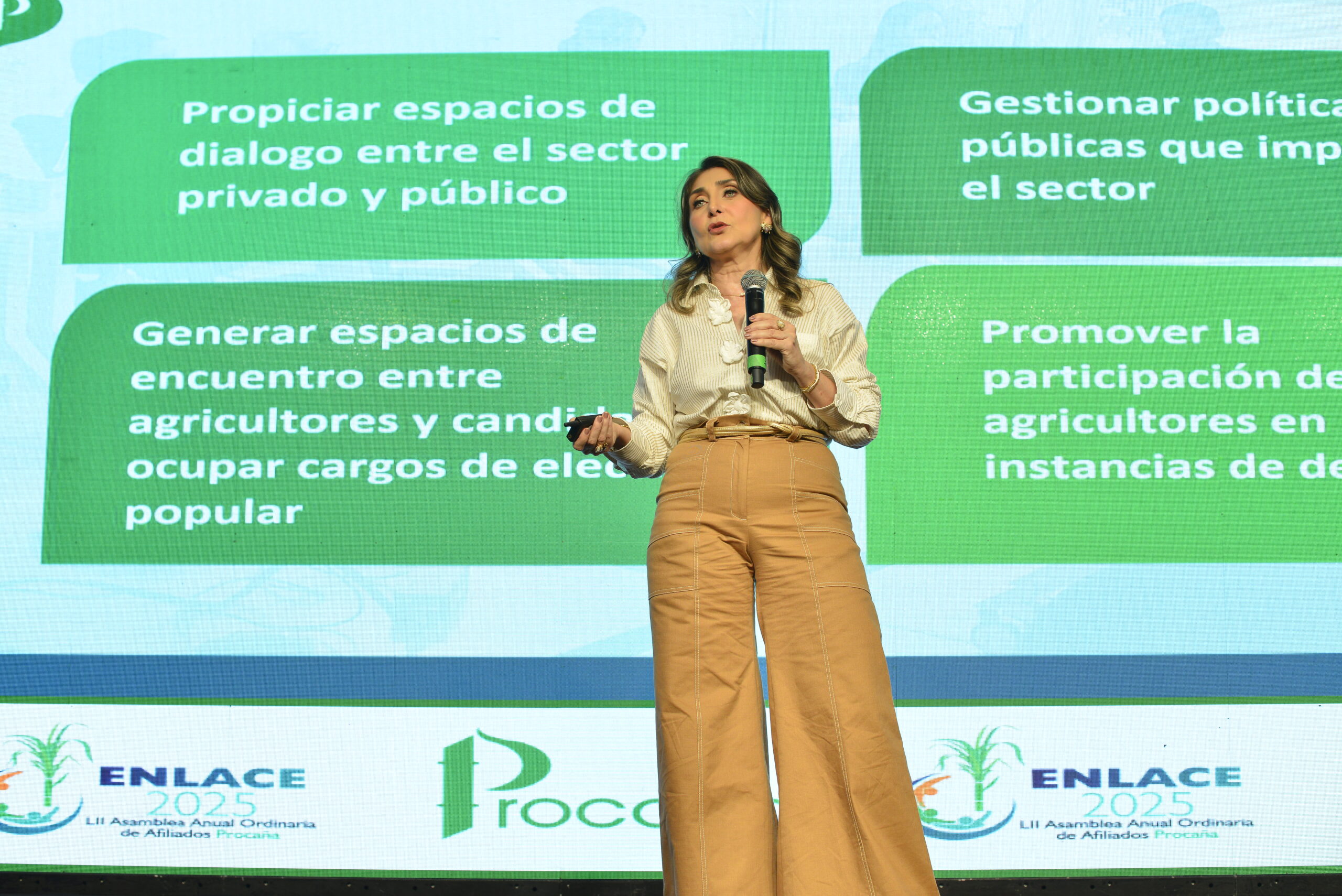
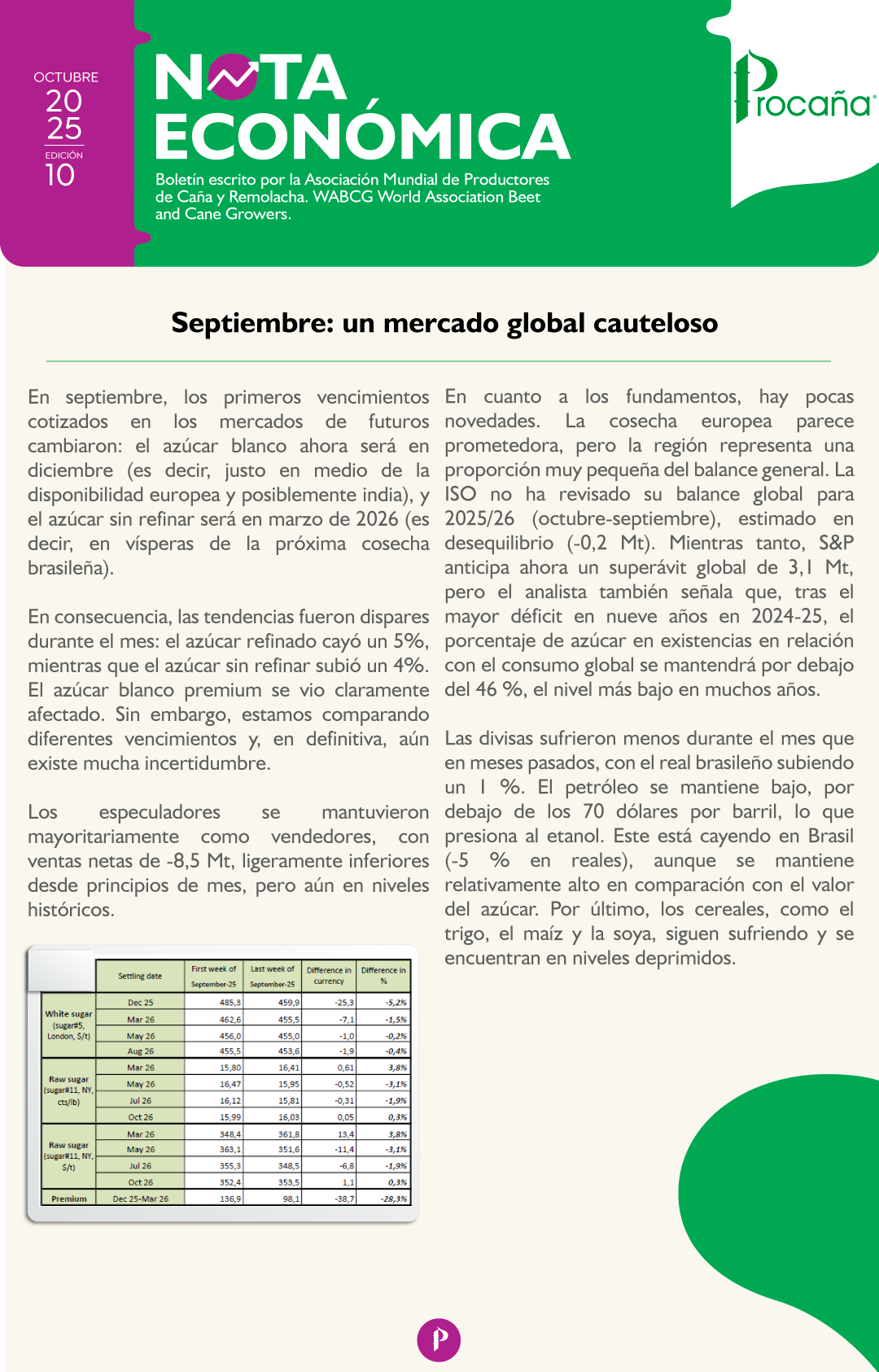
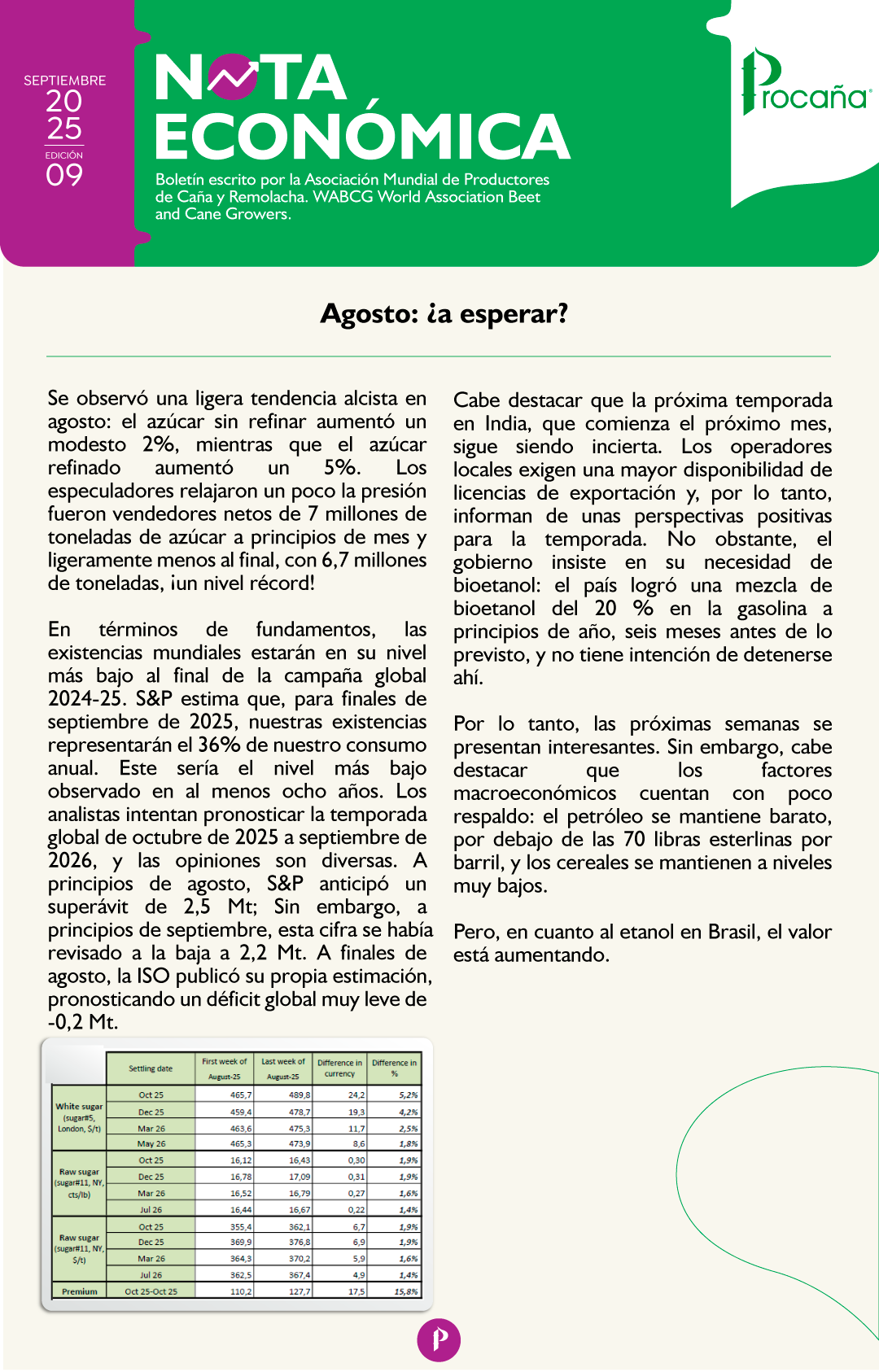
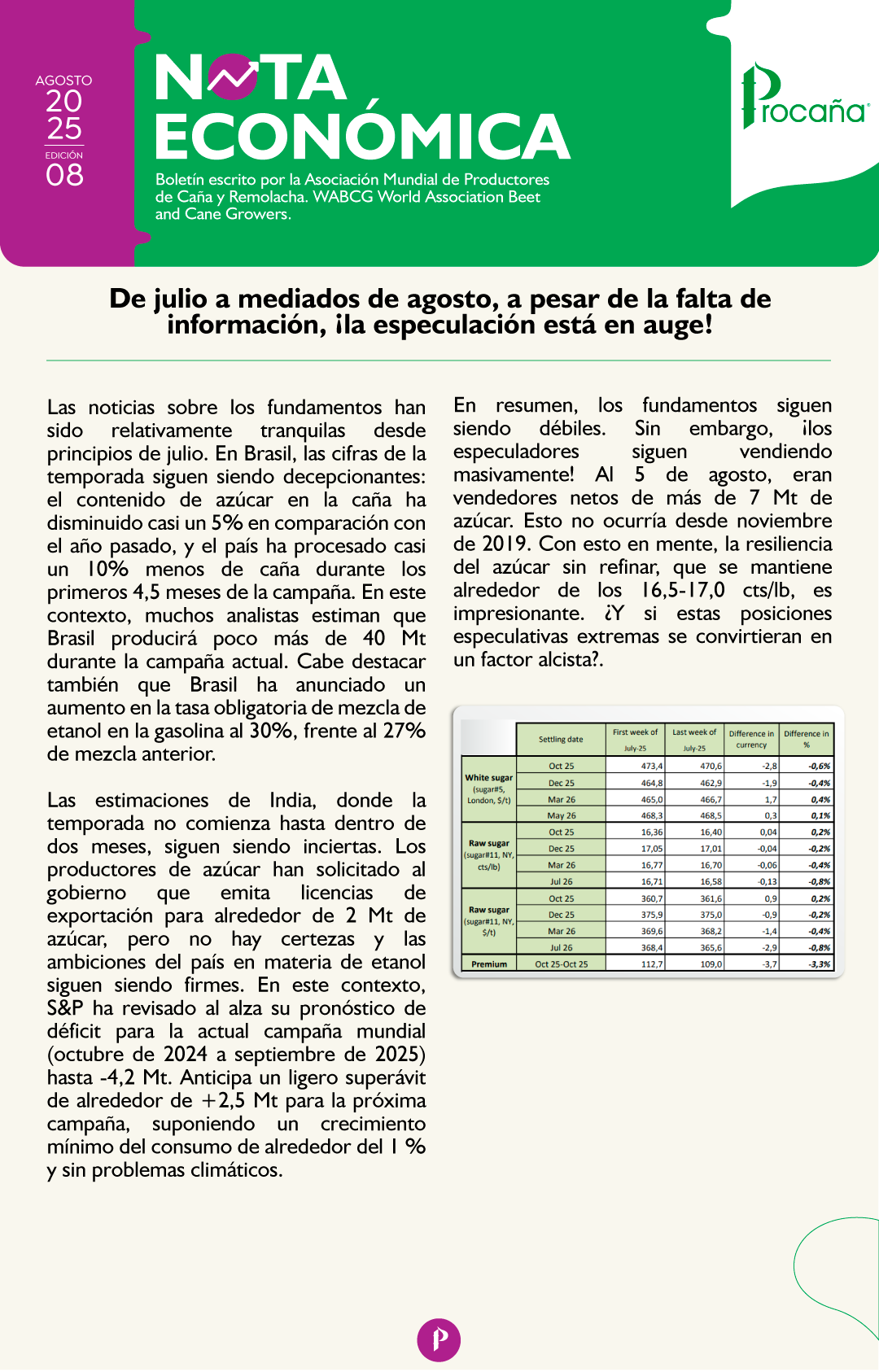
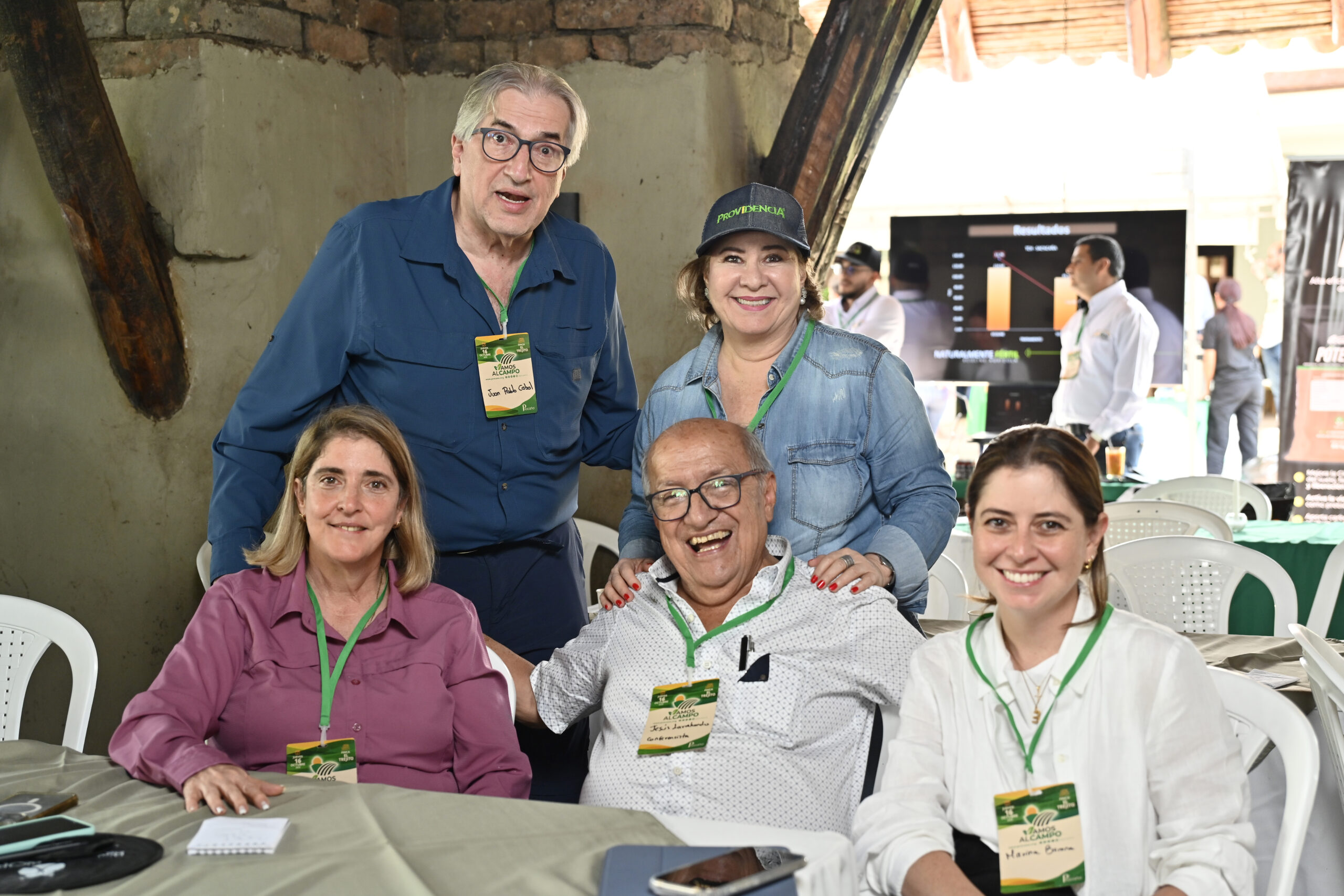

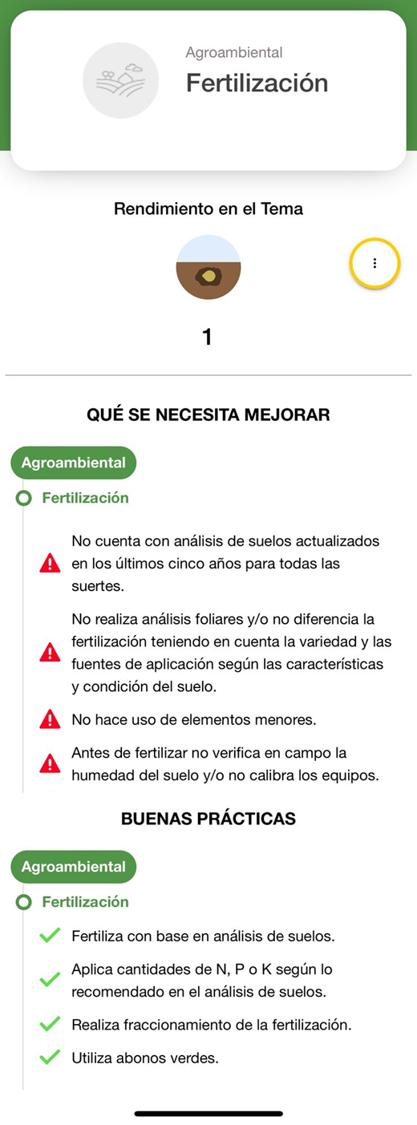
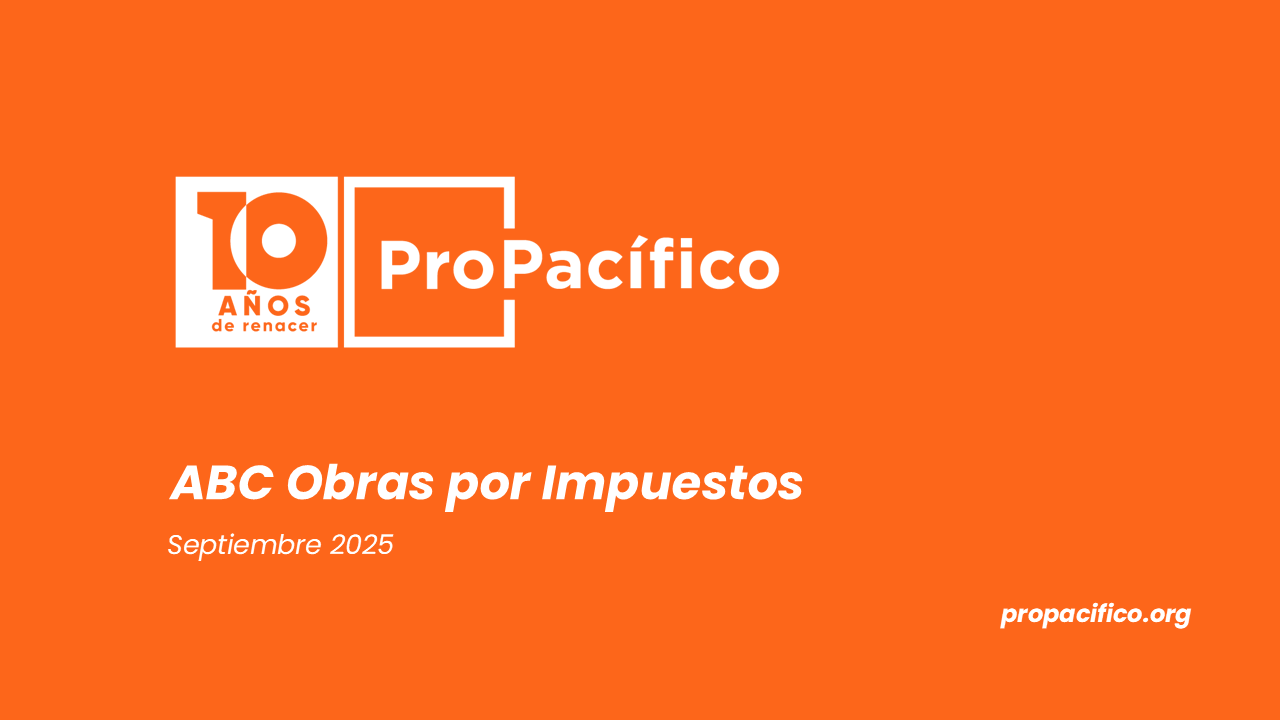
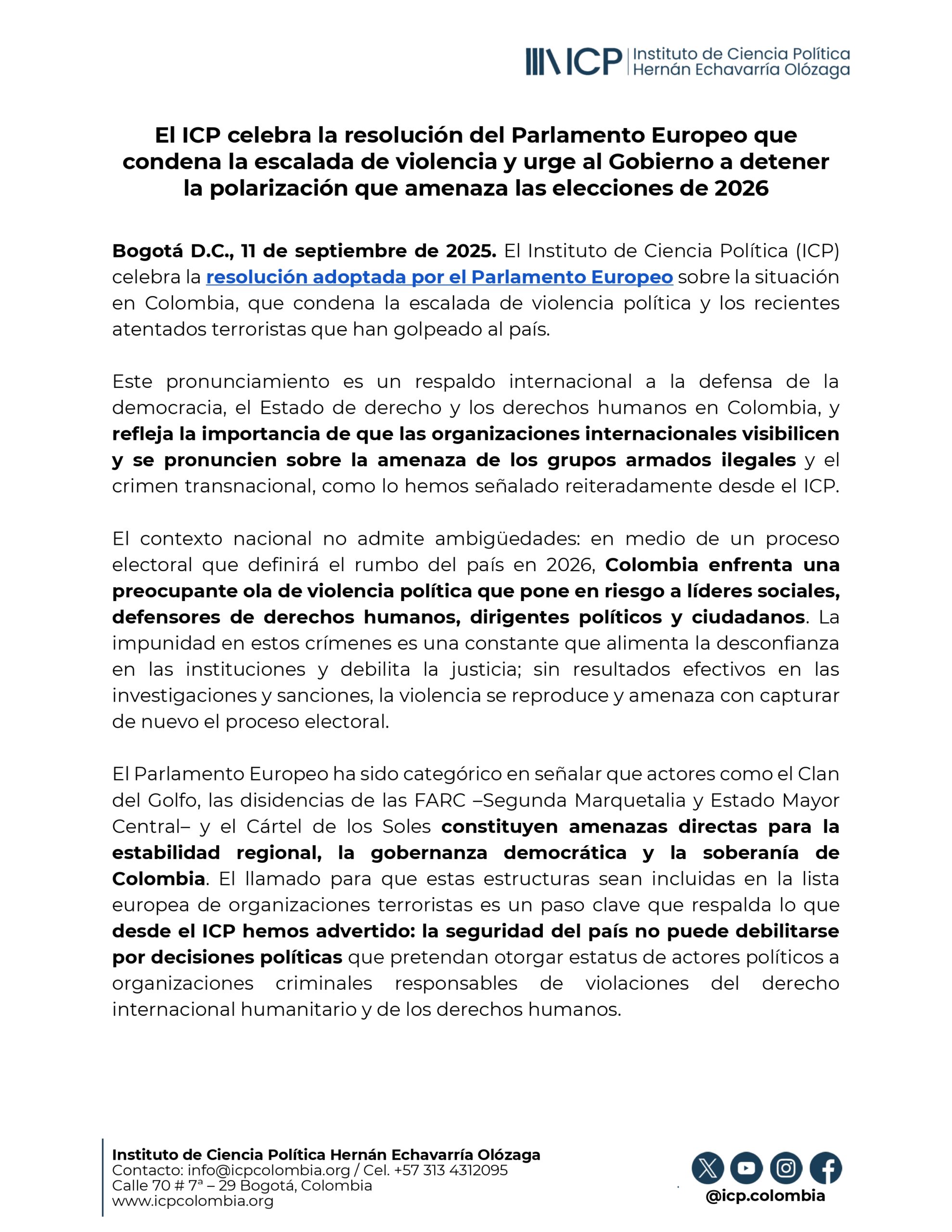

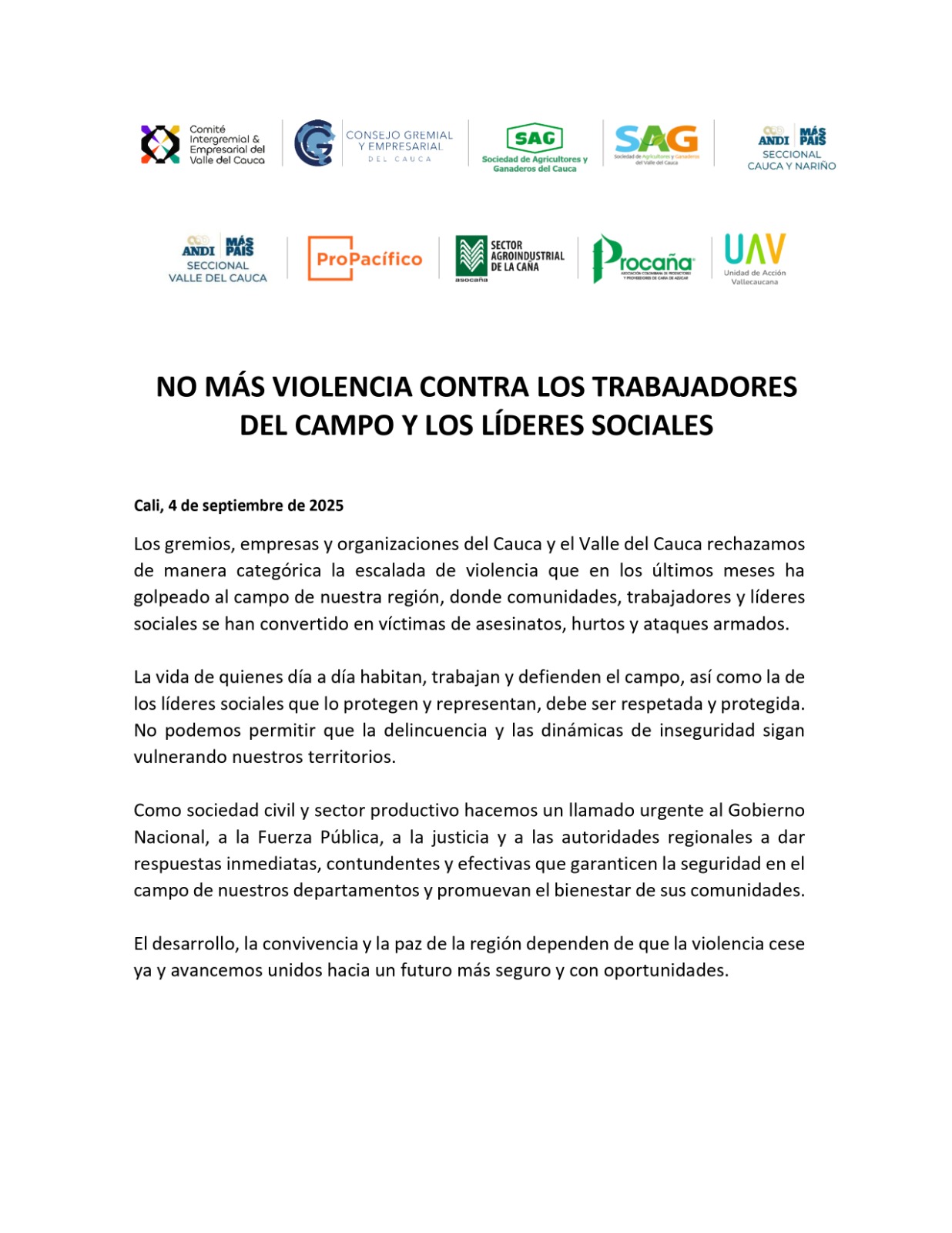
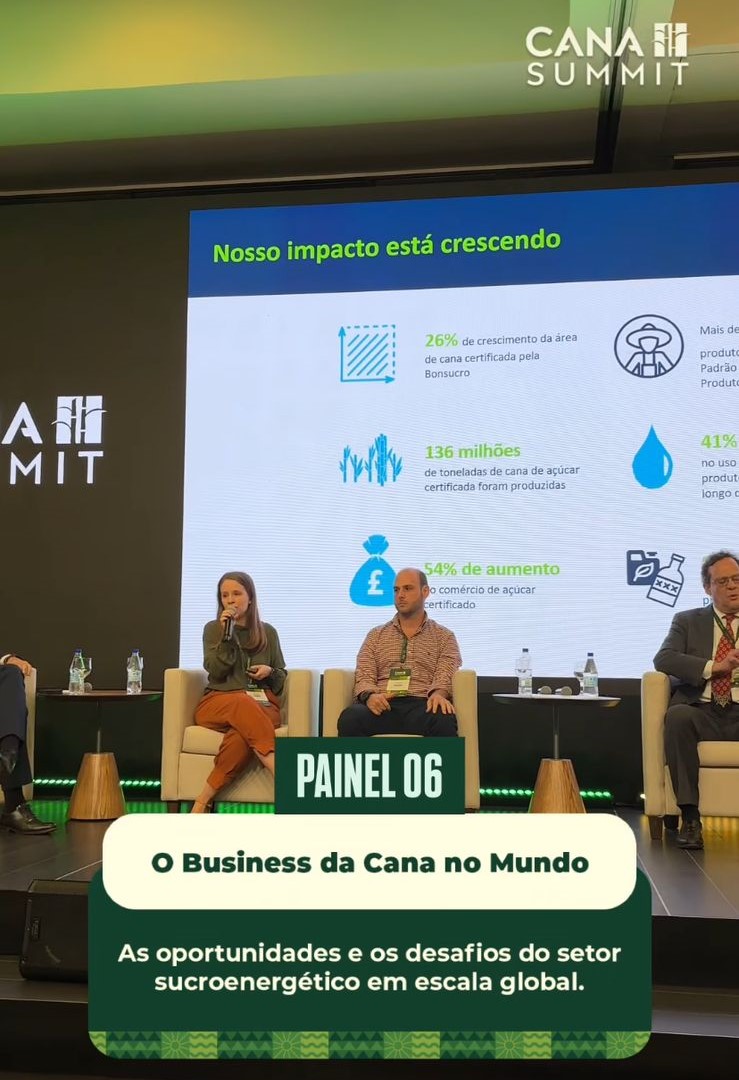

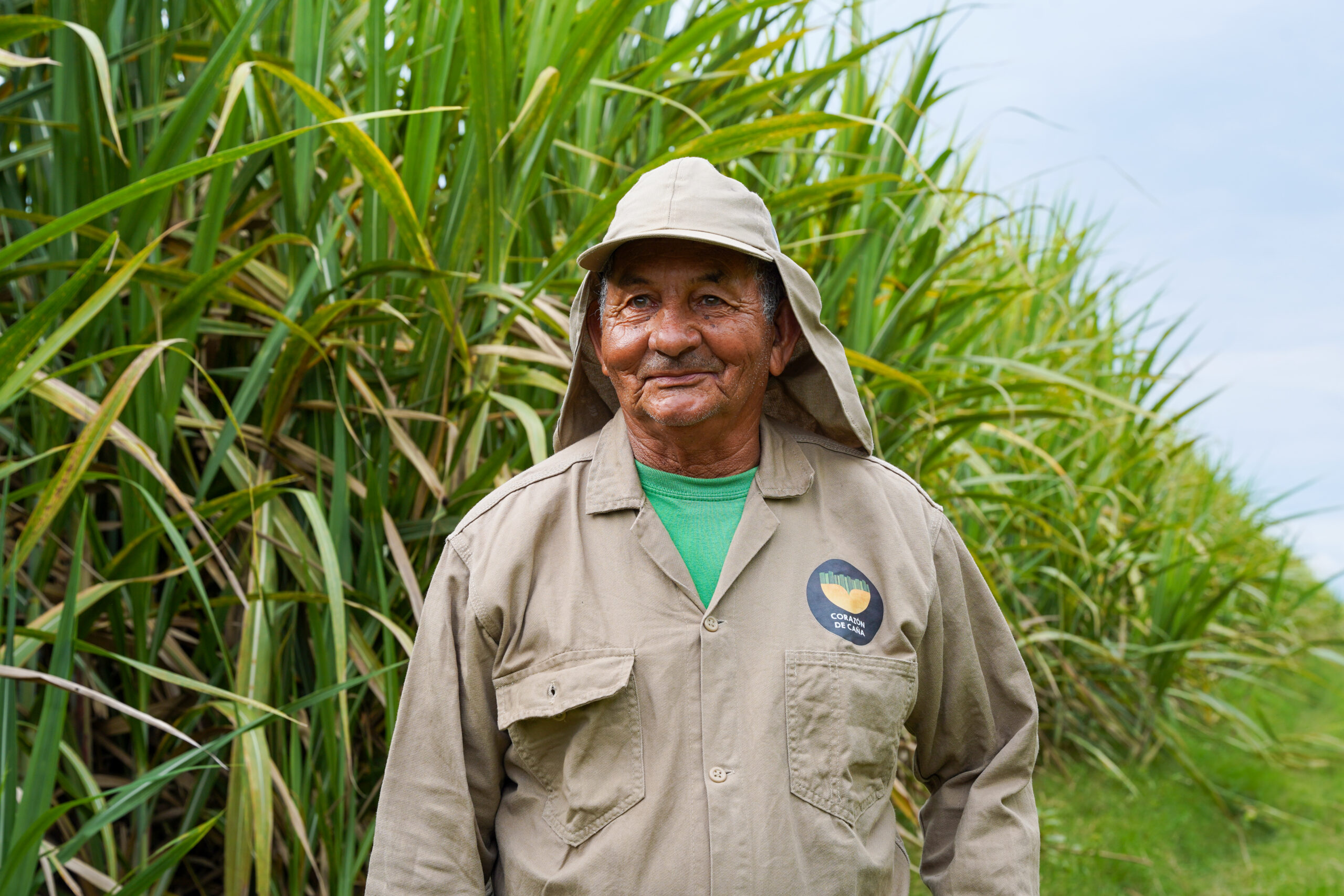
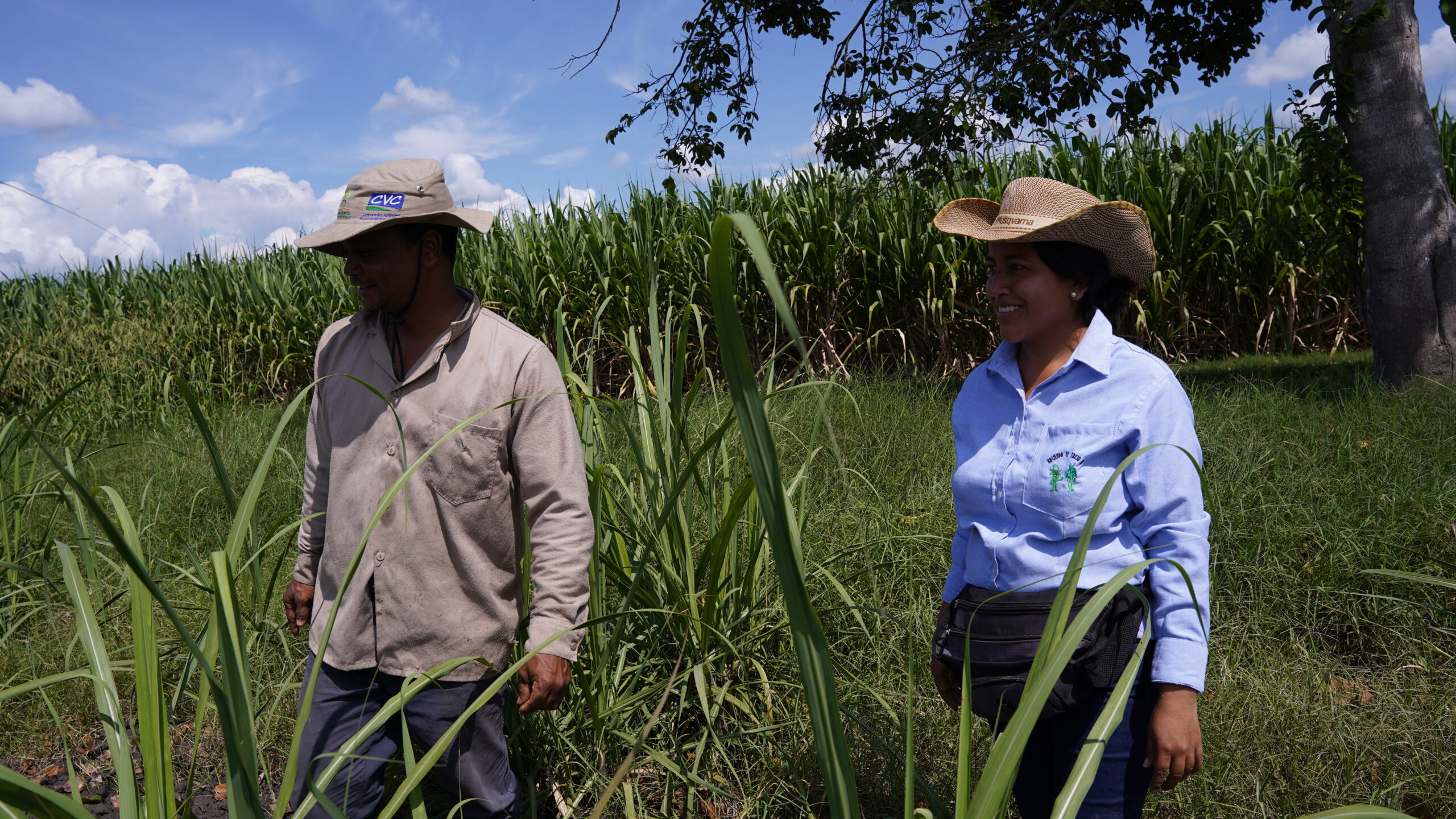
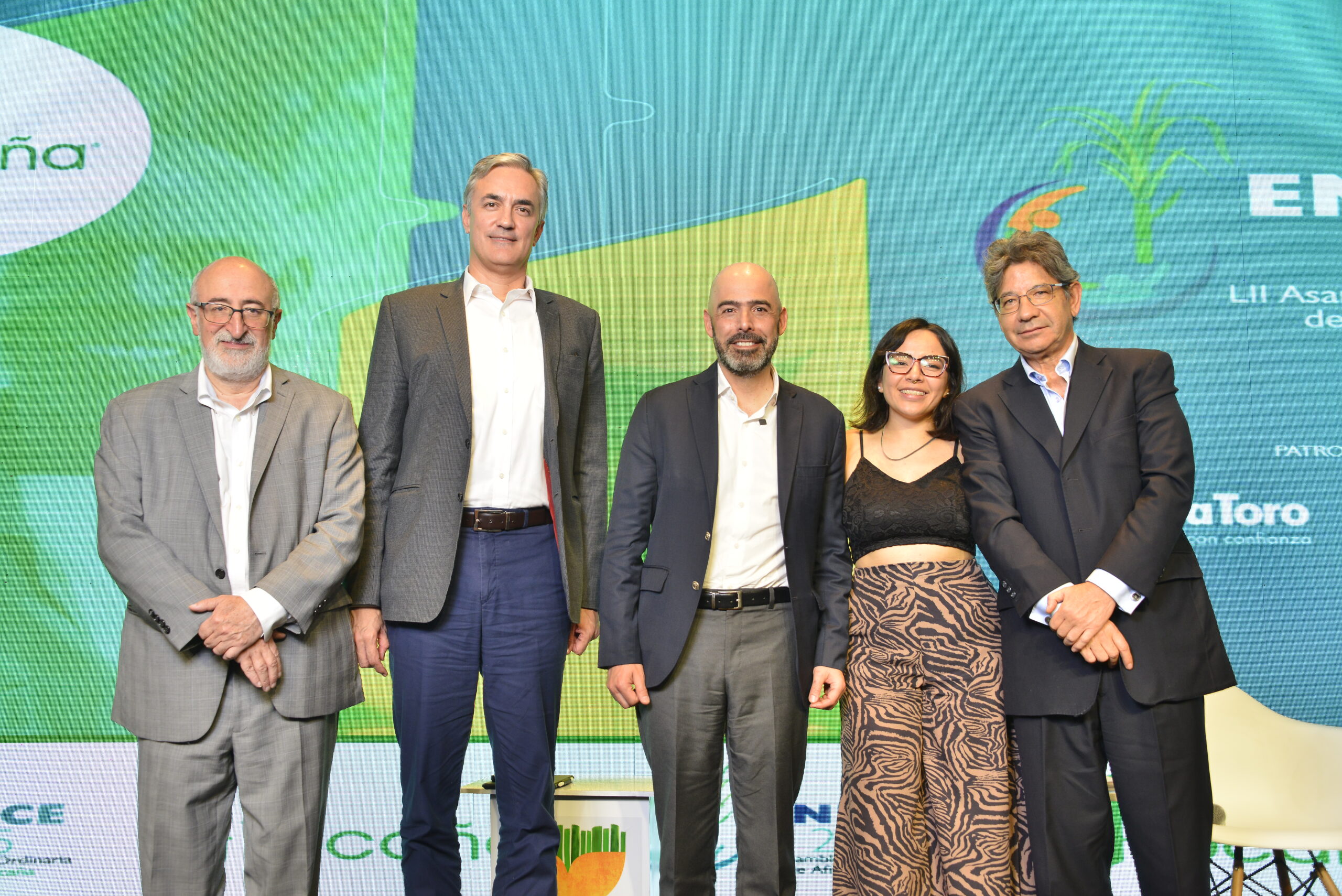

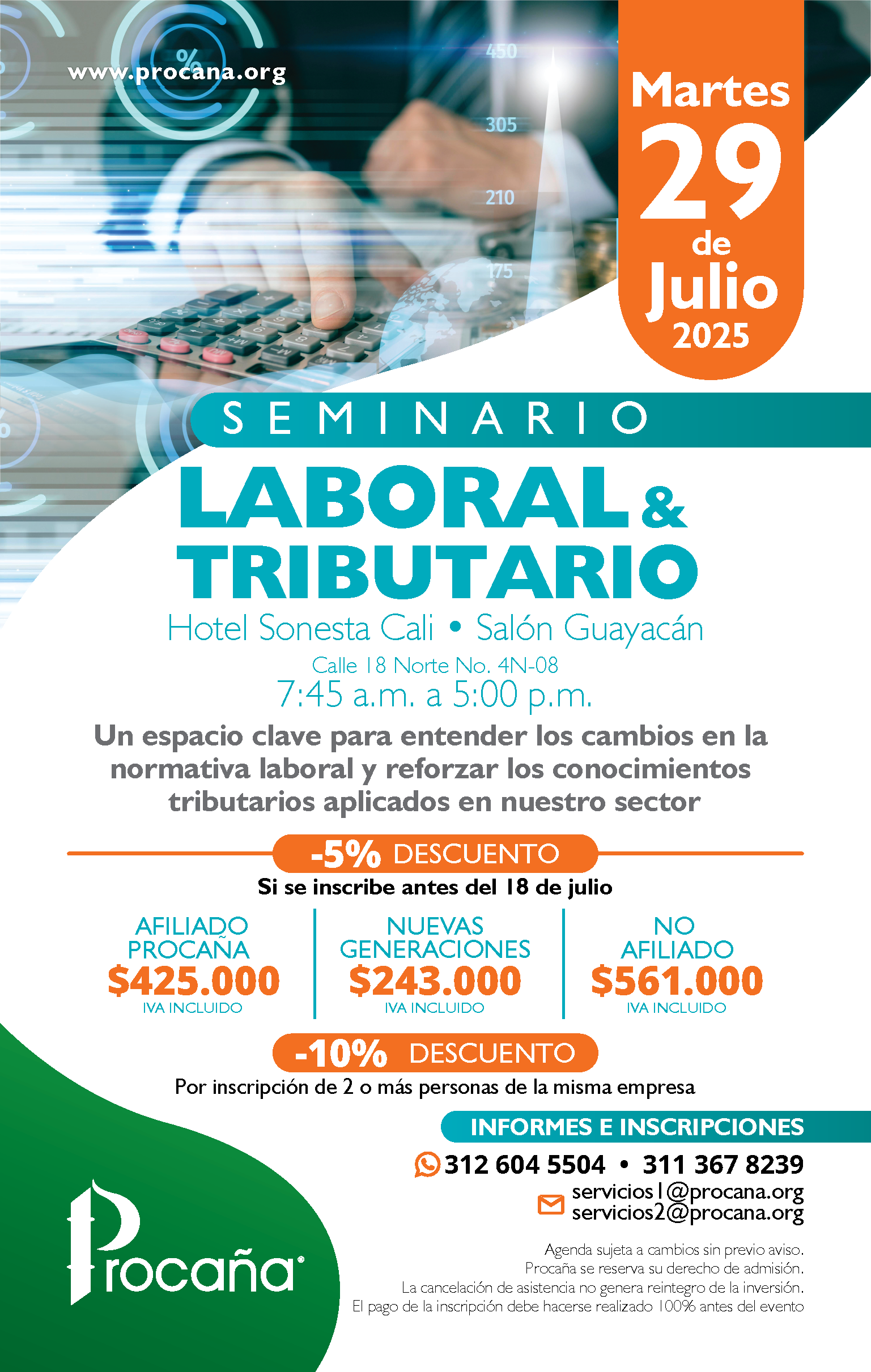
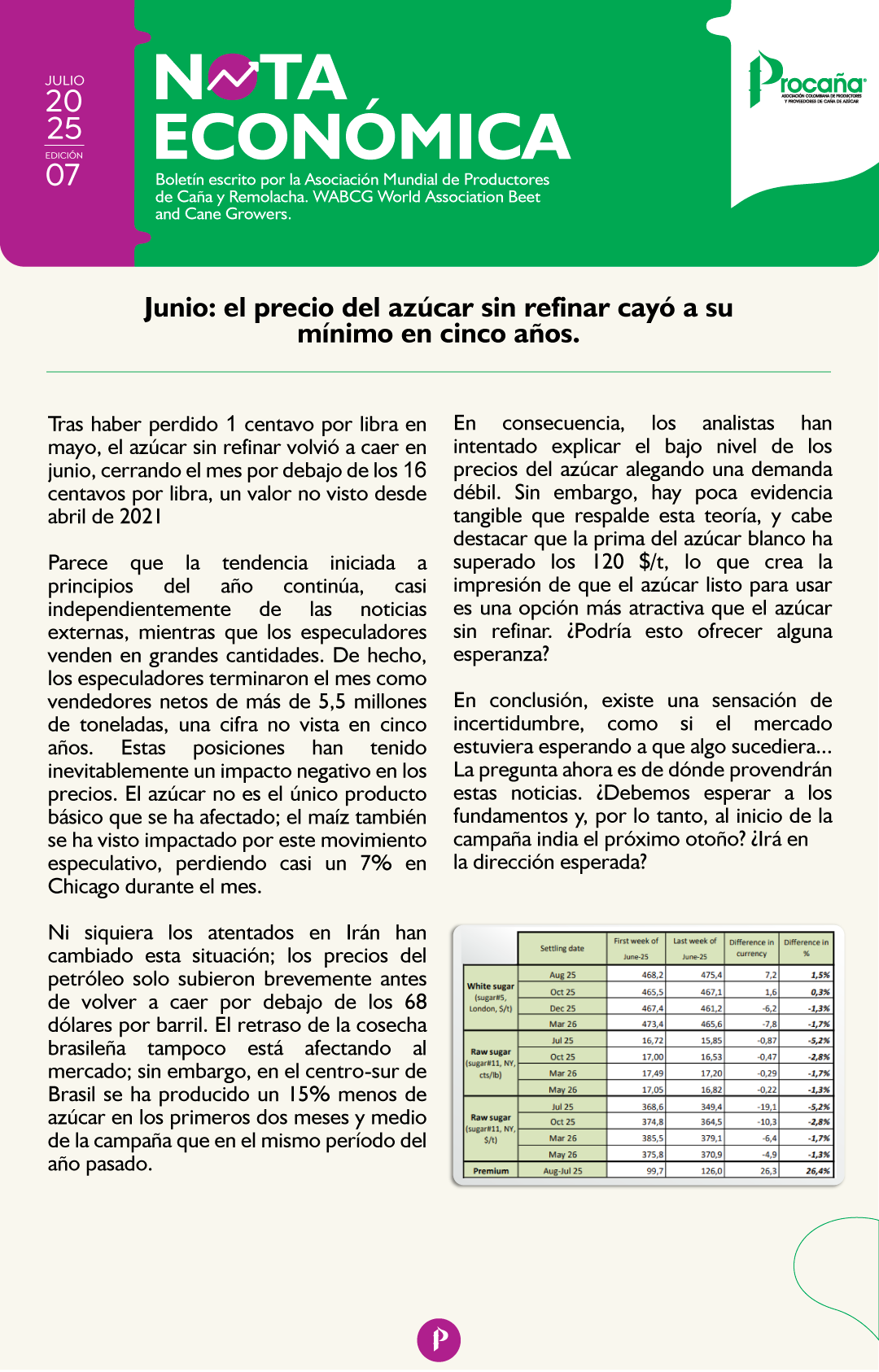

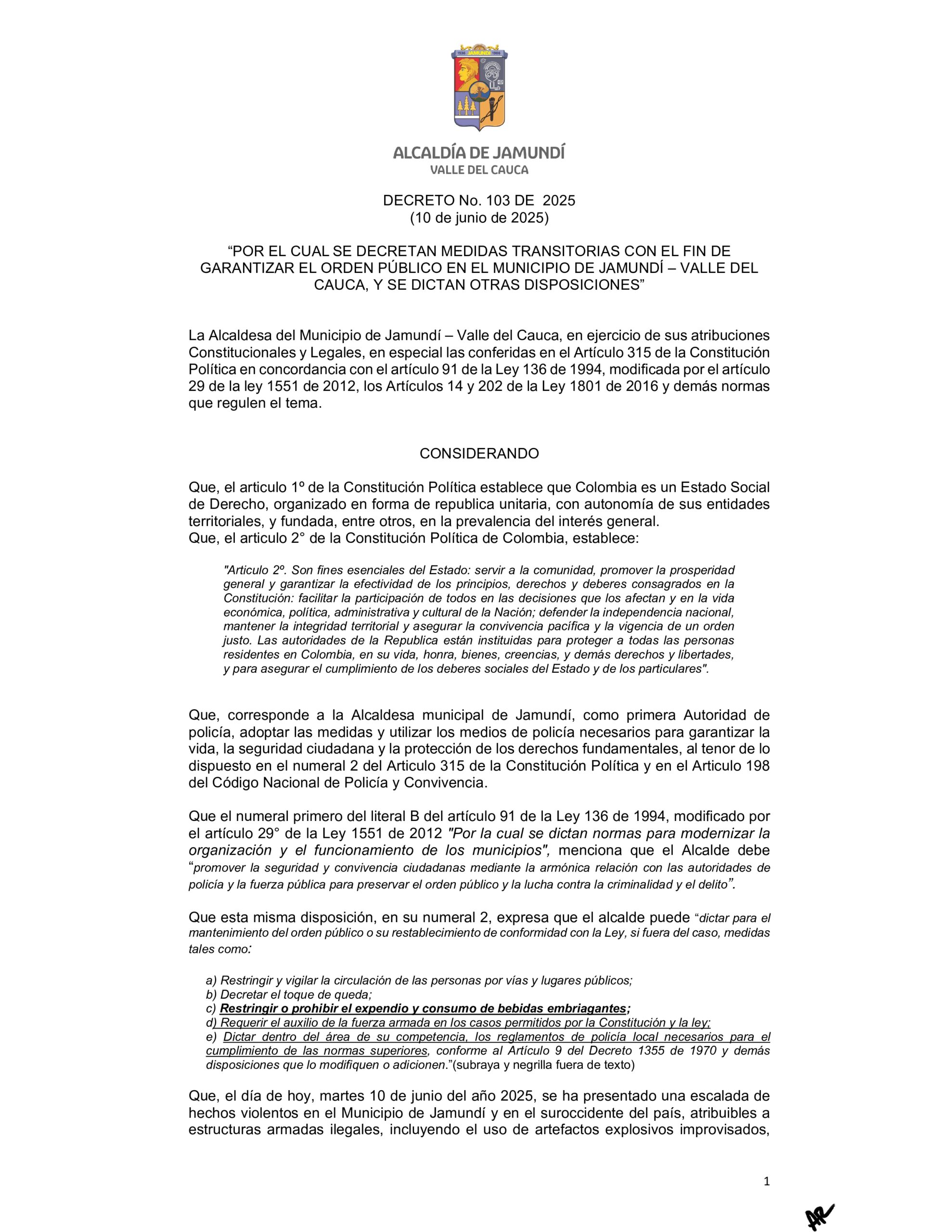
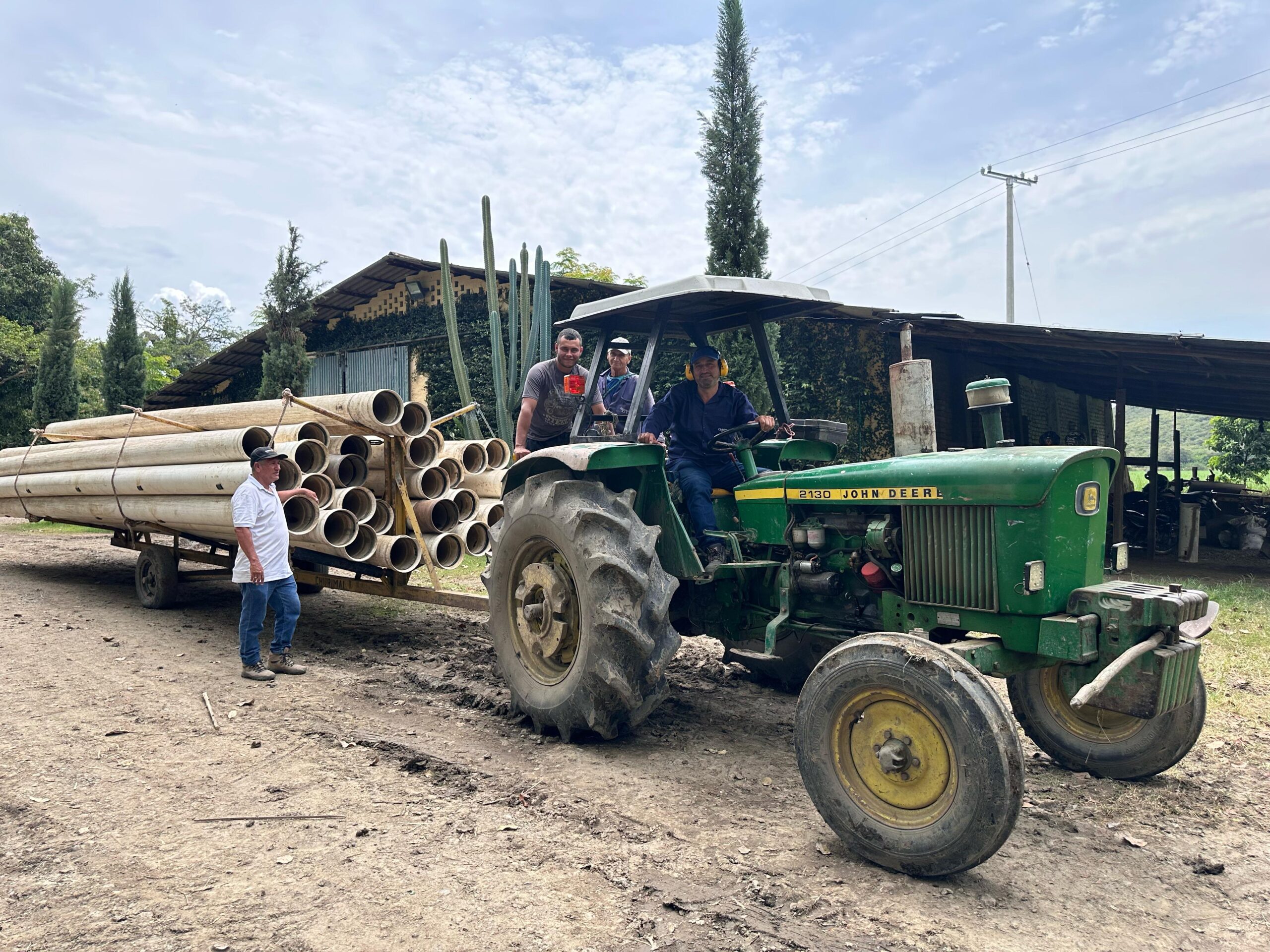
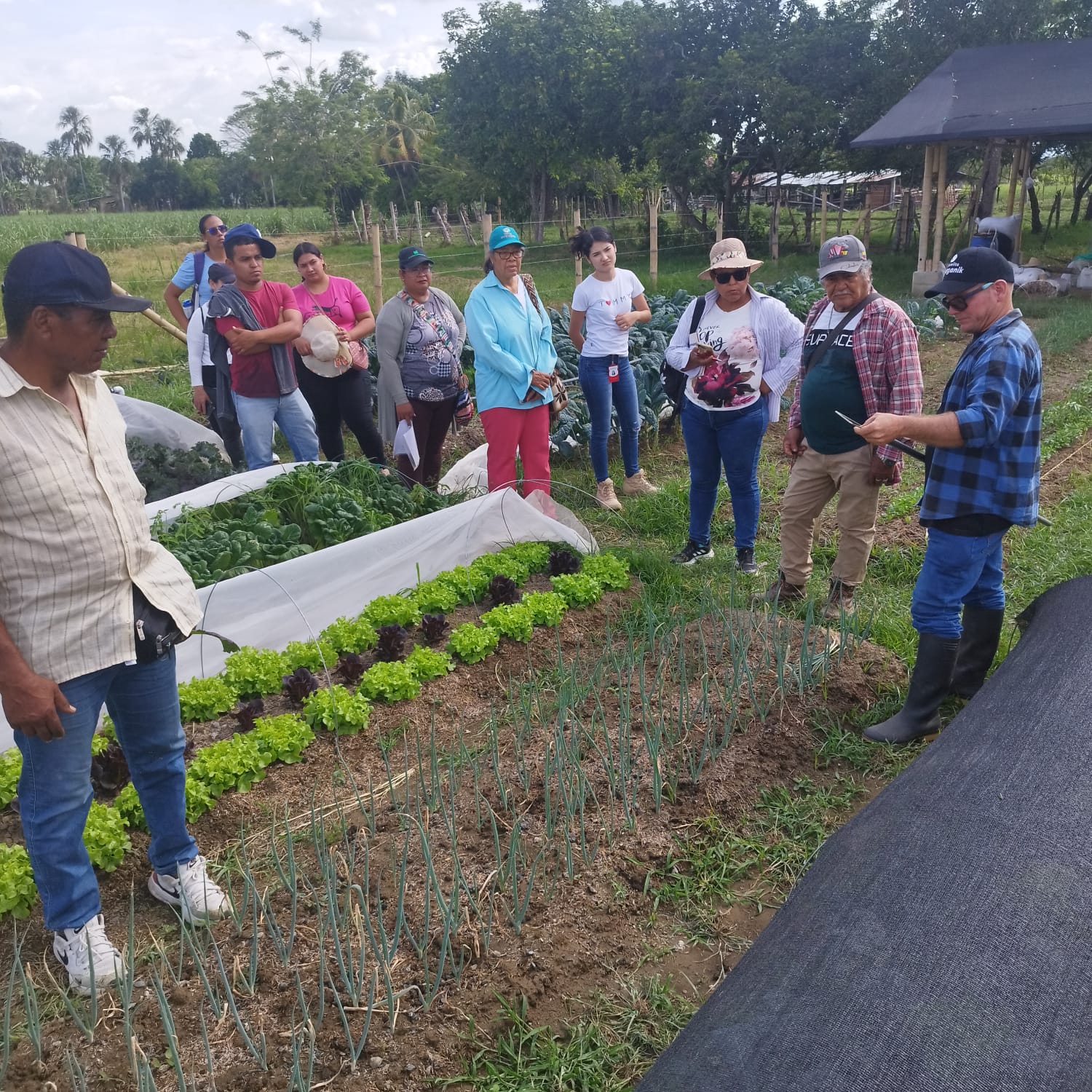
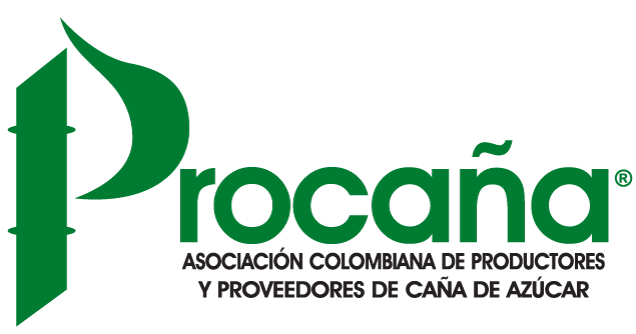 '
'